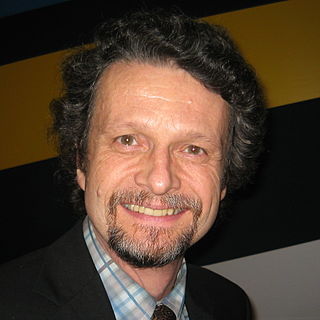A Quote by Robert Breault
Of course I doubt. I do not practice a certainty. I practice a faith.
Related Quotes
Out of the element of participation follows the certainty of faith; out of the element of separation follows the doubt in faith. And each is essential for the nature of faith. Sometimes certainty conquers doubt, but it cannot eliminate doubt. The conquered of today may become the conqueror of tomorrow. Sometimes doubt conquers faith, but it still contains faith. Otherwise it would be indifference.
I have a lot of faith. But I am also afraid a lot, and have no real certainty about anything. I remembered something Father Tom had told me--that the opposite of faith is not doubt, but certainty. Certainty is missing the point entirely. Faith includes noticing the mess, the emptiness and discomfort, and letting it be there until some light returns.
To think that practice and realization are not one is a heretical view. In the Buddha Dharma, practice and realization are identical. Because one's present practice is practice in realization, one's initial negotiating of the Way in itself is the whole of original realization. Thus, even while directed to practice, one is told not to anticipate a realization apart from practice, because practice points directly to original realization.
In Buddhism, both learning and practice are extremely important, and they must go hand in hand. Without knowledge, just to rely on faith, faith, and more faith is good but not sufficient. So the intellectual part must definitely be present. At the same time, strictly intellectual development without faith and practice, is also of no use. It is necessary to combine knowledge born from study with sincere practice in our daily lives. These two must go together.
It was hard to become an astronaut. Not anywhere near as much physical training as people imagine, but a lot of mental training, a lot of learning. You have to learn everything there is to know about the Space Shuttle and everything you are going to be doing, and everything you need to know if something goes wrong, and then once you have learned it all, you have to practice, practice, practice, practice, practice, practice, practice until everything is second nature, so it's a very, very difficult training, and it takes years.





































